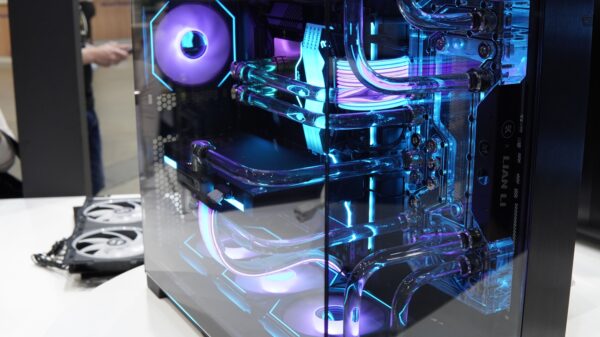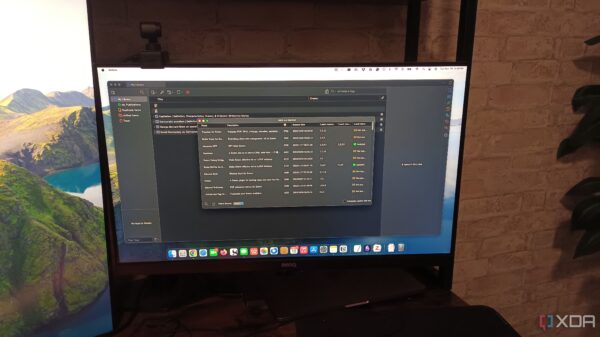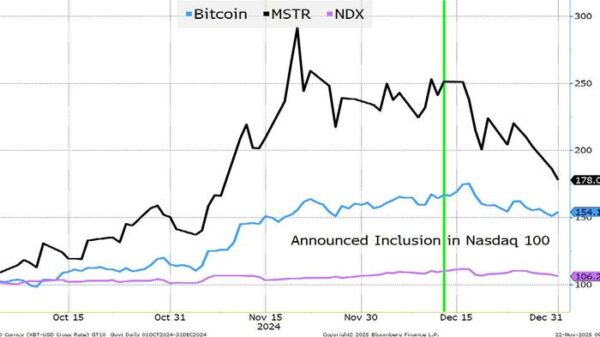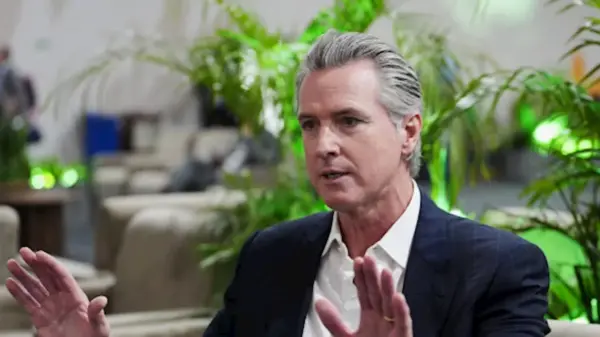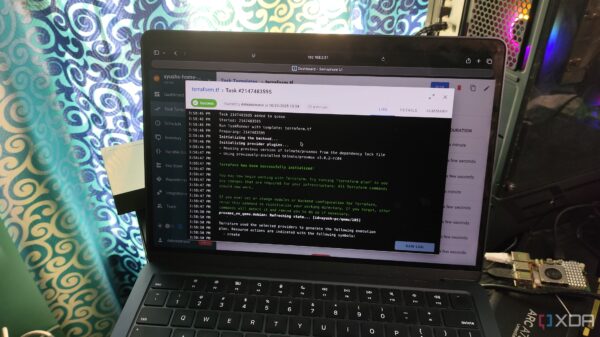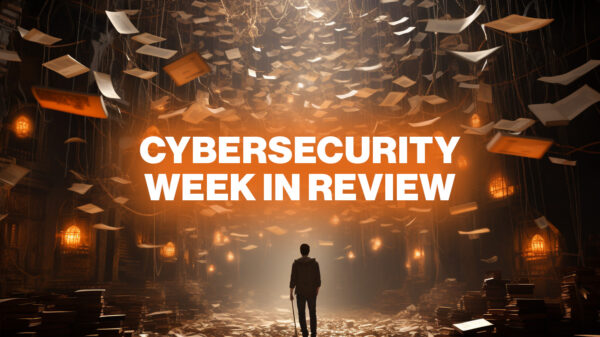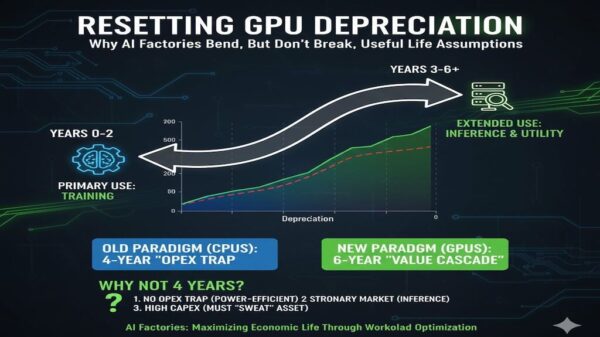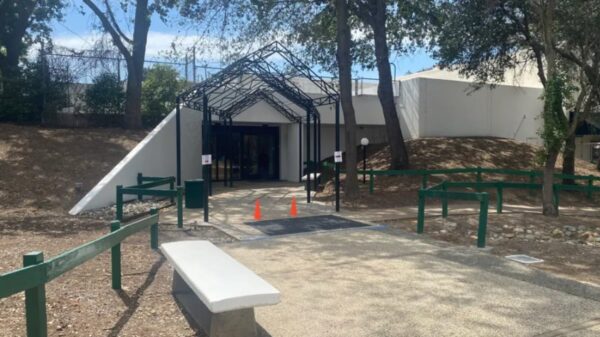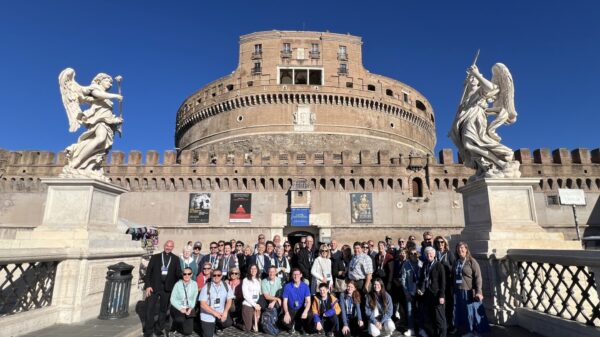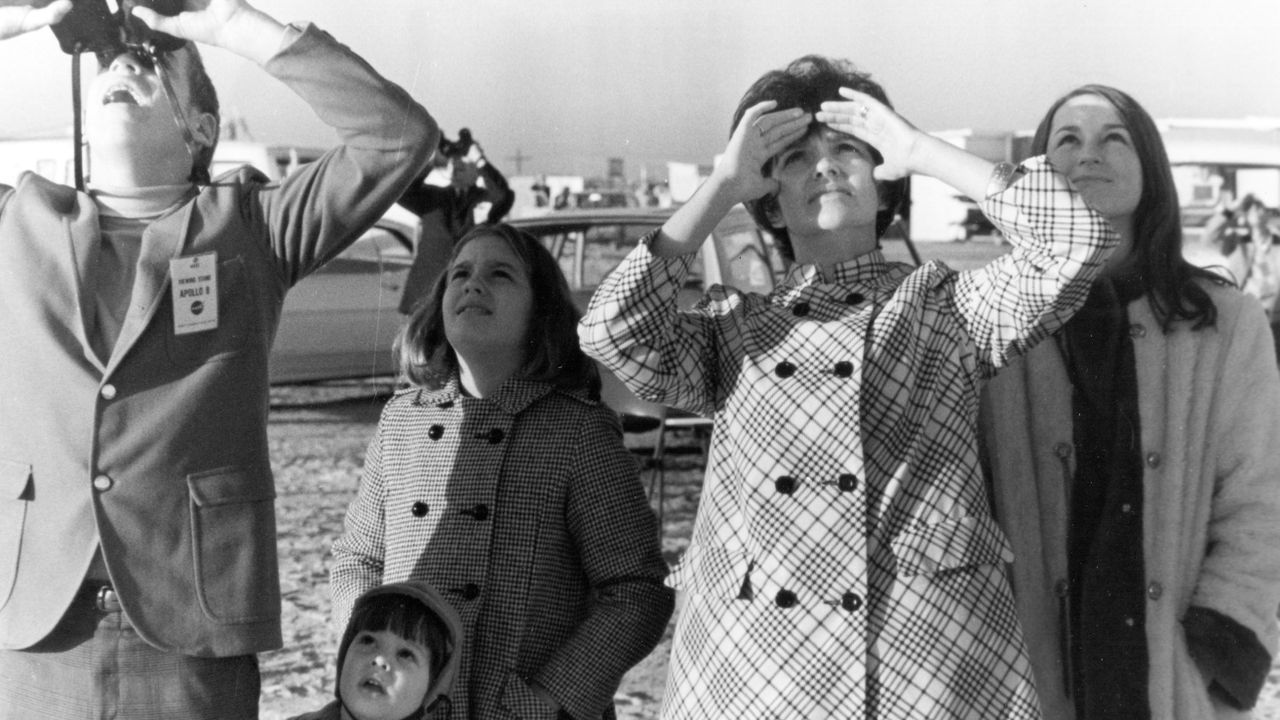Living in space presents not only physical challenges for astronauts but also emotional hurdles for their families. As space exploration becomes more commonplace, understanding the impact on the loved ones left behind is crucial. The experiences of families reveal unique stressors that parallel military life, yet differ significantly in other aspects.
In the 1995 film “Apollo 13,” the struggle of astronauts during a near-catastrophic mission is brought to life. The movie highlights not only the peril faced by astronauts like Jim Lovell, Jack Swigert, and Fred Haise but also the emotional turmoil experienced by their families, particularly Marilyn Lovell. Scenes depicting families gathered around televisions, anxiously awaiting news, resonate with viewers, illustrating the duality of space missions as both a professional and personal ordeal.
Public interest in the personal lives of astronauts has been longstanding, with works like “The Astronaut Wives Club” capturing their stories. Yet, questions remain regarding the tangible effects of space travel on families, including metrics such as divorce rates or children’s well-being.
Comparing Space and Military Families
Although astronauts do not face combat, their families share similarities with military families, who often endure long separations due to deployments. Both groups experience the anxiety of uncertainty. Catie Hague, an Air Force Colonel, expressed this sentiment, stating, “Just like the military spouse feels every time they’re deployed, you don’t really know if something’s going to happen. You just kind of live in vigilance the whole time.” Her husband, Nick Hague, was part of a rocket launch that faced a booster failure shortly after takeoff.
A 2018 review published in *Child and Adolescent Psychiatry and Mental Health* compared children from military and civilian backgrounds. The study concluded that children with deployed parents exhibited higher rates of adjustment issues, such as substance use. However, it also indicated that military families benefit from steady income and stable employment, which can positively affect family dynamics.
Despite these similarities, Stacey Morgan, wife of astronaut Andrew Morgan, highlighted key differences in a published article. She noted that the “public nature of the astronaut persona” creates a unique experience, as family members watch their loved ones launch into space in real-time alongside the rest of the world. “The idea that we as a family are sharing these phenomenal yet perilous moments with the world, literally at the same time as we experience them for ourselves, can be unsettling,” she remarked.
Preparing for the Unknown
A 2023 article in *Space Policy* discussed the potential for families of astronauts to better manage the stresses of space travel by utilizing the Families Overcoming Under Stress (FOCUS) model, originally designed for military families. This behavioral health program aims to help families cope with the emotional challenges associated with extended separations.
The article also differentiated between the experiences of professional astronauts and space tourists. Families of individuals traveling with SpaceX or Blue Origin may feel unprepared for the associated dangers, while those connected to trained astronauts typically possess a greater understanding of the risks involved.
Currently, there is a noticeable gap in official research examining how space missions impact family dynamics, including parenting abilities and personal relationships. Much of the existing knowledge is anecdotal, based on observations from astronauts’ loved ones. The 2016 documentary “A Year in Space” provided insights into Scott Kelly’s journey, showcasing his relationships with family members during his year aboard the International Space Station.
In a discussion for *Today*, astronauts Anne McClain and Nick Hague shared parenting strategies for those with an astronaut in the family. They emphasized the importance of honesty with children about the nature of their work and the need for meaningful family traditions to maintain connections during long absences. “A lot of the parenting — there is no way around it — it is going to fall on the shoulders of the spouse at home,” Hague noted, advocating for constant dialogue to keep both parents involved.
The complexities of family life for astronauts extend to issues such as pregnancy and fertility. Kellie Gerardi, a commercial astronaut, has openly discussed her journey with in vitro fertilization while preparing for her next mission scheduled for 2026. Her experiences highlight the additional emotional and logistical challenges faced by families in the unique context of space exploration.
As space travel becomes more frequent, the emotional toll on families will require further exploration. Understanding the dynamics of family life in the context of long-duration missions is essential for supporting those who remain on Earth. The need for research and resources to address these challenges will only grow as humanity continues to reach for the stars.



